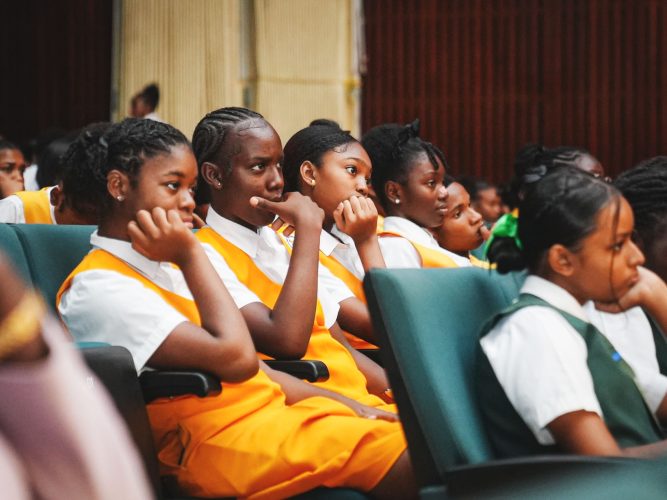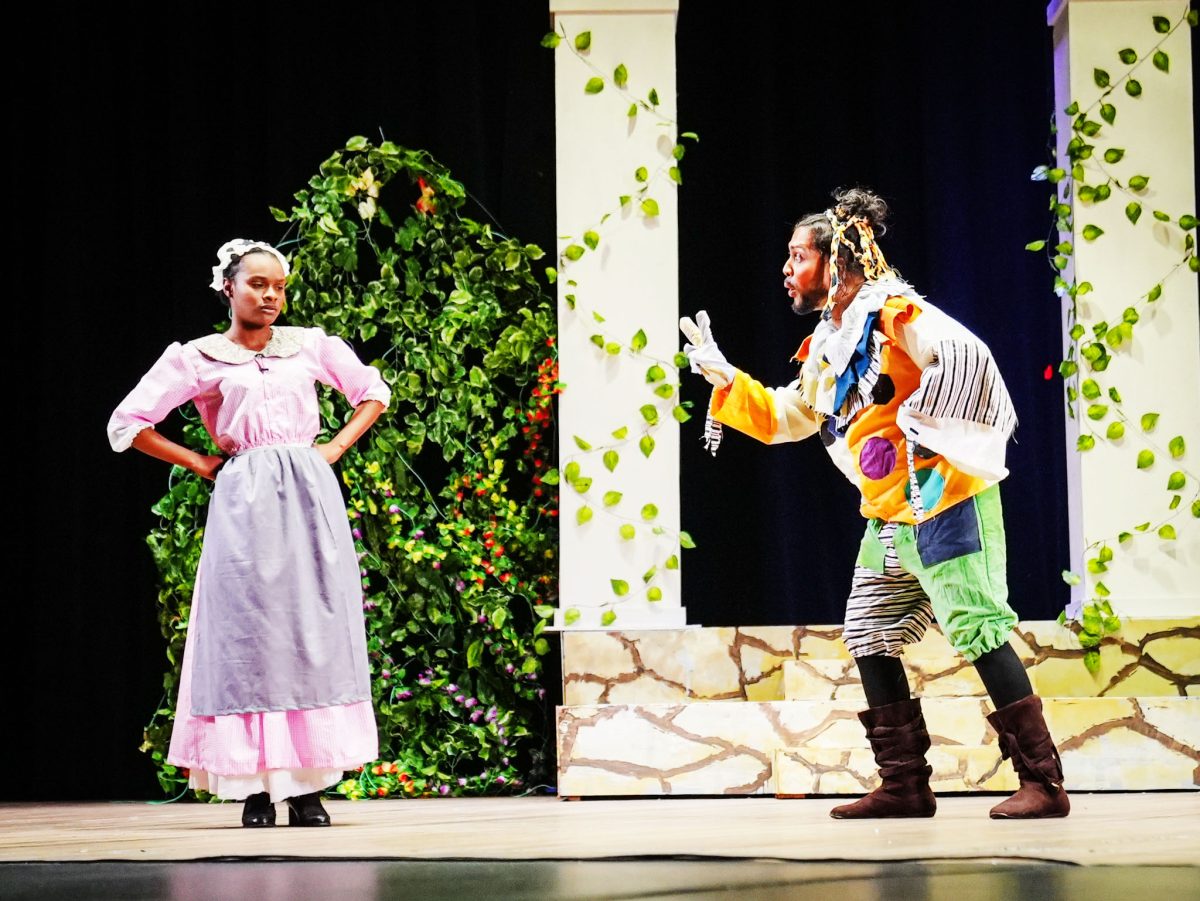 If music be the food of love, play on,
If music be the food of love, play on,
Give me excess of it: that, surfeiting,
The appetite may sicken, and so die,
That strain again – it had a dying fall.
O, it came o’er my ear, like the sweet sound
That breathe upon a bank of violets,
Stealing, and giving odour. Enough, no more,
‘Tis not so sweet now, as it was before.
Shakespeare, from Twelfth Night
These lines are numbered among the very well known from Shakespeare; often quoted, often recited, but just as often misunderstood. They are usually associated with the mood and delight of true love, which they are thought to express, but that is in error. The lines are deceptive, as are so many appearances, people, feelings and actions in the play Twelfth Night, and are illustrations of disillusionment, a Petrarchan love sickness, and just what true love is not supposed to be.
Twelfth Night, also titled What You Will, was first performed by Shakespeare’s company between 1598 and 1602 and regarded, alongside As You Like It, according to editor and critic Charles Jasper Sisson, as one of Shakespeare’s “most perfect” comedies. Its most recent performance was a very special one – among the fairly rare productions of Shakespeare in Guyana. It was sponsored by the Ministry of Education and staged by Gems Theatre Productions at the National Cultural Centre specially for the benefit of students in secondary schools. The play is a prescribed text for CSEC English B, and the production was meant to afford students the opportunity of seeing it acted out as an aid to their study and understanding of the text.

This followed similar recent performances, since another Shakespeare comedy, The Tempest, was done, using their own resources, by the National Drama Company in 2019, partly for the same purpose, because it was on the CXC syllabus at that time. This presentation of Twelfth Night was thus significant and it would be of interest to recall the manner in which it fulfilled its intentions.
The play was directed by Ron Robinson, AA, and produced by Gem Madhoo-Nascimento, AA, two practitioners with impressive track records who are among the best in their fields. Robinson’s Assistant Director was Derek Gomes, while the production benefitted from the work of stage manager Kevin Kellman as well as O’Neilka Bacchus, Nizam Bacchus, Steve Bravo and others.
There was a notable attempt to reproduce something of Elizabethan practice and conditions for the better understanding of Shakespeare. For example, the set was appropriately minimalist and adaptable since Shakespeare cared little for the Unity of Place and used neither curtains nor lights. Robinson’s set was well suited to accommodate several different locations as characters and scenes moved from place to place without changes, with no curtains and with a practical pattern of lighting by Nizam Bacchus that allowed scene changes to progress smoothly and swiftly. But, simple as it seems, this was a complex process and was not innocent of occasional confusions in entrances, exits and locations. The pace was good and the management delivered a play that was not cumbersome.
There was evidence of attention paid to costuming but several questions arose. Generally, it was inconsistent and often inaccurate and anachronistic. In some cases it did not help as a study in terms of characters and dress. A particular example was the costuming of the two officers of the law Kevin Kellman and Antoine Gonzalves which was quite out of its time.
It was a mixed cast in terms of abilities and experience and most were attempting Shakespeare for the first time. The barrier of the language is usually an issue. This cast delivered their lines fluently across the board, although there were cases where understanding and meaning were not so clear and there were the understandable cases of recitation. Interpretation of Shakespeare is very important in a play like this.
In Twelfth Night a pair of twins from a gentle family, Viola, played by Tahiri Gerrard and her brother Sebastian, played by Brandon Singh, are separated when they are victims of a shipwreck off the shore of a strange land, Illyria, and each is convinced the other has drowned. But Sebastian is rescued by Antonio (Tchaiko Rodney) who becomes a very good friend and support. Viola is rescued by a sea captain ((Antoine Gonsalves) who assists her in changing her identity, and disguised as a young man, gaining employment as an aide to Orsino, Duke of Illyria, played by Mark Luke-Edwards. Pretending to be Cesario, Viola is sent by the Duke to woo the beautiful Countess Olivia, played by Nuriyyih Gerrard, who repeatedly rejects his suit, but falls instantly in love with Cesario (Viola). At the same time Viola grows to love her employer Orsino. Olivia’s steward Malvolio (Nickose Layne), who is consumed by self-love and pomposity, earns the wrath of Sir Toby, Olivia’s uncle (Derek Gomes) and Maria, her waiting-woman (Latiefa Agard), who trick him into making a fool of himself. At the end of an involved plot of mistaken identities and Sir Toby’s mischief-making, all is resolved, Duke Orsino marries Viola, Olivia marries Sebastian and Sir Toby marries Maria.
Where interpretation, understanding and characterisation are concerned, the play belonged to Nickose Layne who was most impressive in bringing the overbearing narcissistic Malvolio to life. Despite an occasional threat of over-playing, he made Malvolio convincing and realised a very important factor of the play – the comedy. So that his performance was good for both entertainment and for the interpretation/understanding of the play.
One of the factors in the Shakespearean comedy is the comic element, which was absent in the performance of others such as Gomes in the important role of the villainous but often delightful rogue Sir Toby, Sir Andrew (Michael Ignatius), the fool being led on and laughed at by Sir Toby, and Fabian the accomplice (Paul Budnah), who carried through their parts as conspirators fairly well but forgot to convey the humour. Gomes went about performing his mischief and concocting his plots too seriously. There was little of the drunken revelry that Malvolio hated so much.
Agard as Maria was able to bring this out as she played the female accomplice in a much lighter vein. Along with her, the more festive factors of the play were managed by Rovindra Persaud as Feste the Fool (clown) in fairly consistent fashion. Apart from the humour, the various complications, ironic reversals of gender and mistaken identities are at the core of a Shakespearean comedy such as Twelfth Night. To make matters even more interesting, these are often the essence of the comic situations in the play.
At the centre of this were the leads Nuriyyih Gerrard and Tahirih Gerrard as Olivia and Viola and Mark Luke-Edwards as Orsino. Much of the interpretation rested with them. Nuriyyih’s costume did not befit the glamorous countess, but more importantly, her interpretations did not help. She was too harsh and rigid in her interactions with Cesario, which should not have been, since from the outset she did not inhibit or suppress her attraction for him(her); she hid it neither from Cesario nor from herself. Yet Nuriyyih was too cool and restrained and did not betray the heat, passion and forwardness that she, correctly, displayed towards Sebastian in her interactions with Brandon Singh. Her response to Singh was quite on target.
So, where interpretation is concerned, there were questions – for example, in the treatment of Antonio (Rodney). In this production at the end of the play he is dragged off to prison. That ought not to have been because in Shakespeare’s comedy all is resolved, all ends happily. Only the Machiavellian villains are dragged off to prison, and Antonio was not one. As it turned out, he was mistaken and wrongly accused by Orsino, and in such a play as this, the man who saved the husband of the countess and rescued the wife of the Duke could never be dragged off to prison.
All told, the production was a massive and effective exercise in mobilisation with the Ministry of Education paying all the costs. It was a real opportunity for students from several different corners of Guyana to see the play on stage. It was a commendable initiative.





